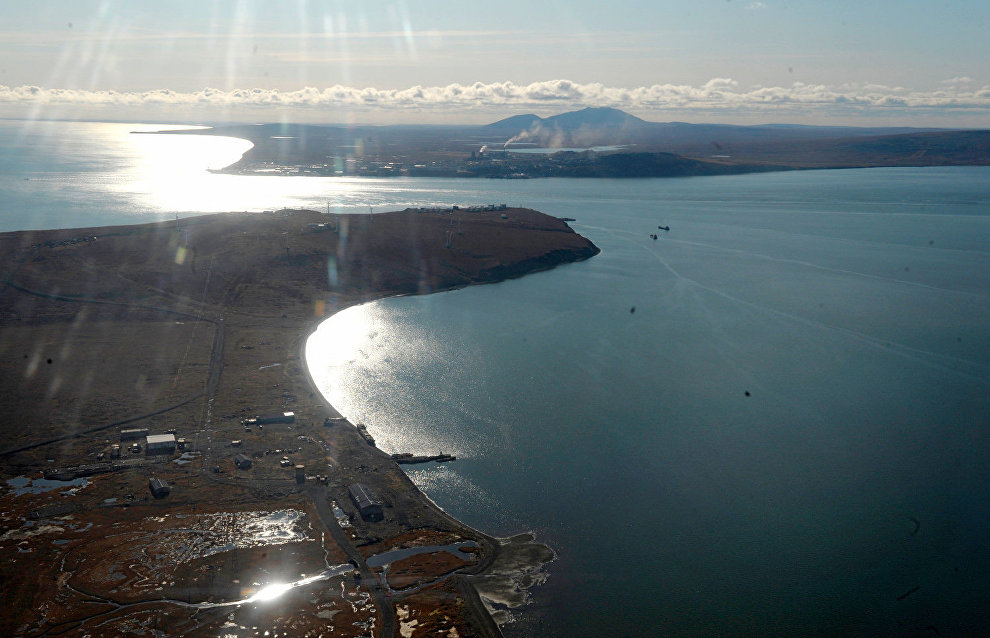Solar panels installation to save diesel fuel begins in Chukotka villages
The installation of solar panels has begun in the villages of Markovo, Kanchalan and Snezhnoye in Chukotka.
“Supplying goods to northern Russia is a costly process and often depends on the weather conditions, so the development of renewable energy in the Arctic is a task of strategic importance. Today, the Chukotka Autonomous Area boasts over 60 percent of ‘clean energy,’ including atom, wind and gas. Alternative energy sources are still not often used in small villages, but there are relevant projects. <...> We have started the construction of three power plants in the villages of the Anadyr District: Kanchalan – 400 kW, Snezhnoye – 180 kW and Markovo – 800 kW,” Roman Kopin, the area’s governor, wrote on his Instagram page.
In addition to this, power transmission lines have already been wired in the villages of Kanchalan and Snezhnoye, and panels are now being installed. The launch is scheduled for the end of this year. In the village of Markovo, construction will be completed in 2021.
In July of this year, the area authorities informed reporters about the projects to install solar panels in three remote villages. The villages of Markovo, Kanchalan and Snezhnoye were selected taking into account the data of solar activity on the peninsula.
In the future, the Chukotka authorities are also planning to implement projects related to wind energy. The Anadyr wind power plant, the largest in the Russian Arctic, has been successfully operating in the area for a long time. It supplies stable electricity to the Anadyr hub. The first stage of modernization took place three years ago, and the second stage is scheduled for 2021.
“We have built two wind power plants in Beringovskoye and Ust-Belaya (villages in Chukotka), each with the capacity of 450 kW. At the moment, pre-commissioning adjustment activities are underway. In Beringovskoye, the launch will take place at the end of this year, and in Ust-Belaya – in the first quarter of 2021. The use of renewable energy will reduce the cost of expensive northern supplies and decrease economically justified tariffs by 3-5 percent, thus diminishing the burden on the budget. In addition to this, the environment will also improve, as the level of emissions will decrease by 15–20 percent. If successful, the projects will be replicated in other villages,” Kopin wrote.
